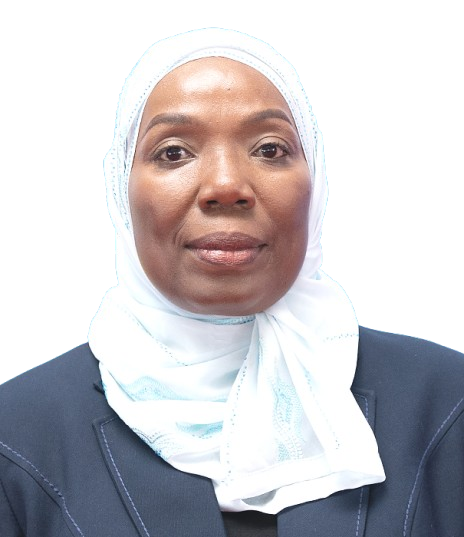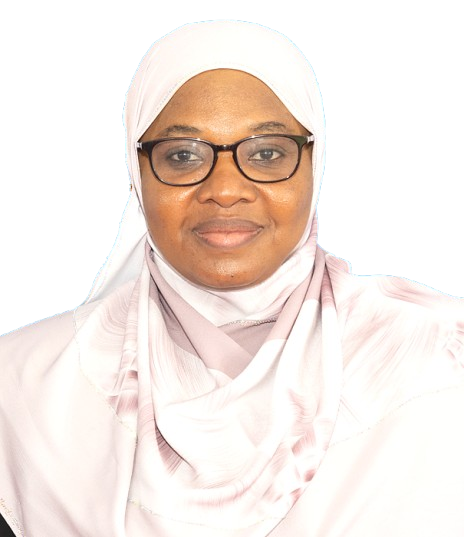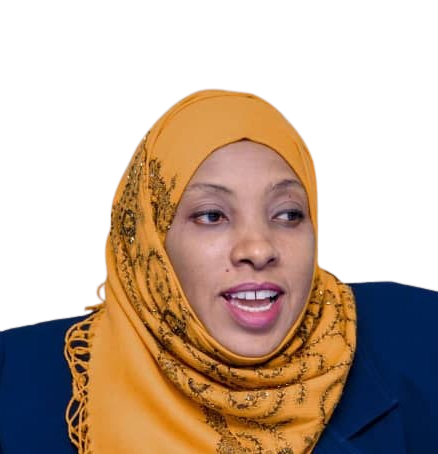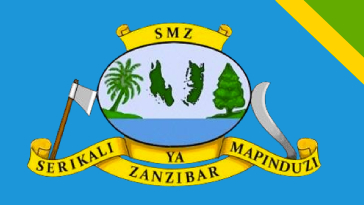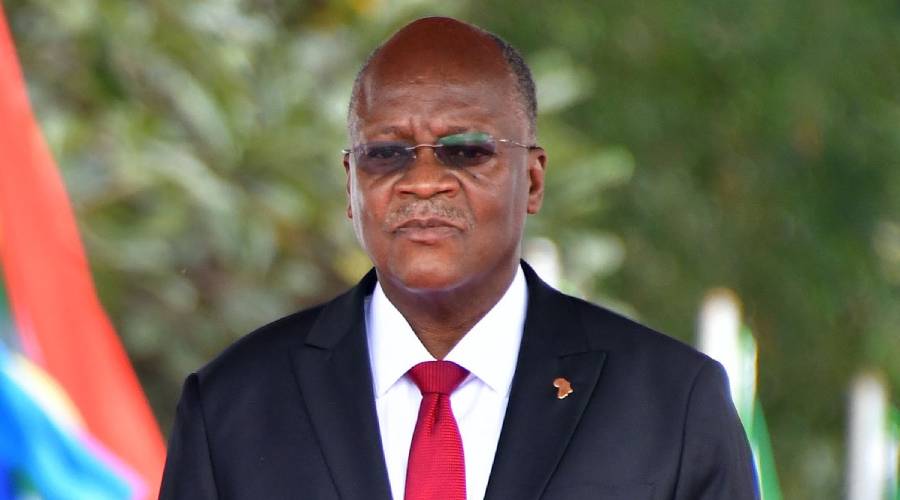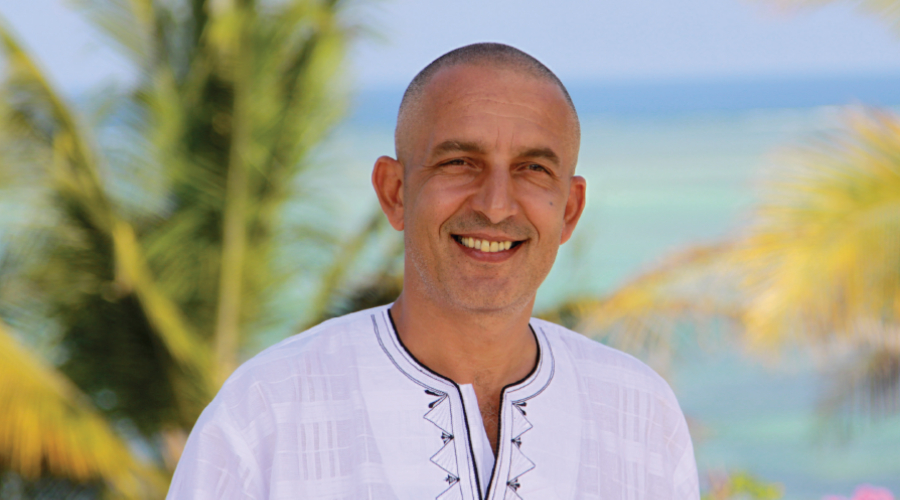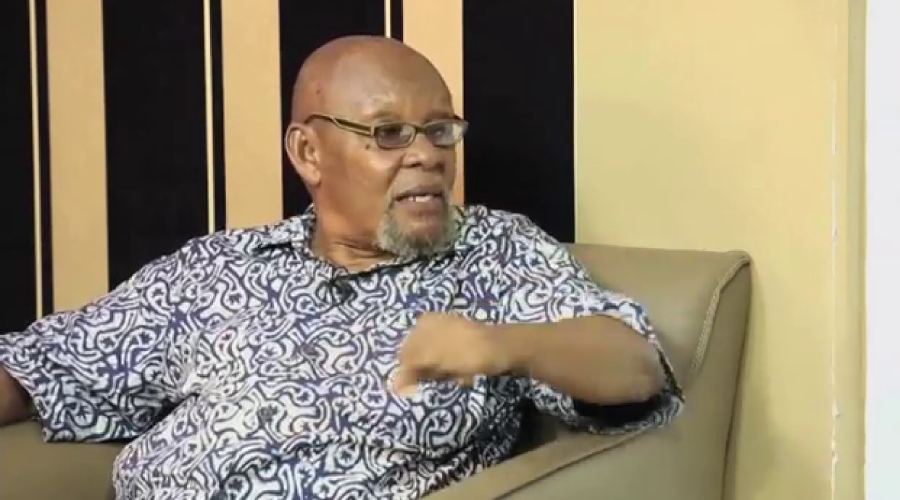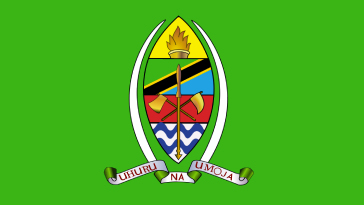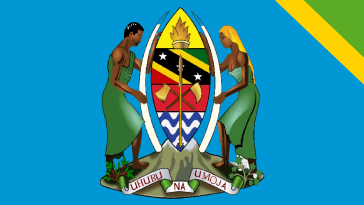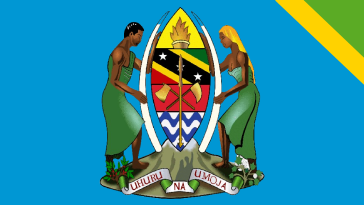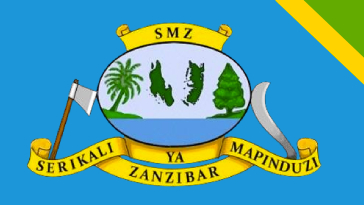History of the Ministry
After the 1964 Zanzibar Revolution, the Revolutionary Government of Zanzibar established the Ministry for Strengthening Citizens' Standards and Workers' Rights. This ministry introduced social welfare services, including financial assistance for vulnerable communities, elderly care, monthly pensions, and compensation for workers.
In 1967, social welfare matters were transferred to the Ministry of Health, which was renamed the Ministry of Health and Social Welfare. It continued to provide assistance for vulnerable groups, worker compensation, and established elderly care centers, such as Sebleni Home. Later, the ministry expanded its services by creating Welezo Elderly Home, which operated as a special hospital and leprosy care center under the Ministry of Health.
In 1983, major governmental reforms led to the creation of a new Ministry of Labor, Workforce, and Social Welfare, which took over social welfare services in Zanzibar. It also established an orphanage (previously under the Ministry of Education) and a juvenile rehabilitation center in Tunguu to help troubled children and young offenders.
By February 1984, social welfare functions were moved to the Prime Minister's Office, expanding its role to include disability services, such as prosthetics, eyeglasses, wheelchairs, and special education assistance. The Forodhani Children's Home was introduced to serve visually impaired and physically disabled individuals, providing vocational training in sewing, weaving, and crafting.
In 1987, social welfare activities returned to the Ministry of Health, which improved elderly care through the HelpAge International project, offering quarterly financial aid for elderly individuals, medical support, and infrastructure development.
Following the 1995 Beijing International Women's Conference, Zanzibar established the Women's Development Section under the Department of Social Welfare, which later became the Ministry of Women and Children.
In 2004, child welfare services, disability support, and disaster management were reorganized into their respective departments, leading to the creation of the Department of Disability Affairs and Disaster Management. By 2009, the Child Protection Unit (CPU) and Most Vulnerable Children (MVC) Program were formed to combat all forms of child abuse and exploitation.
In December 2010, the Department of Social Welfare (DSW) was moved from the Ministry of Health and became part of the newly created Ministry of Social Welfare, Youth Development, Women, and Children. This ministry launched a Social Protection Unit and Child Protection Center.
By 2014, the Seventh Government Administration established the Ministry of Empowerment, Social Welfare, Women, and Children, incorporating the Department of Social Welfare.
Following the general elections, the Eighth Revolutionary Government of Zanzibar created the Ministry of Health, Social Welfare, Elderly, Gender, and Children in December 2021. After one year, it transitioned into the Ministry of Community Development, Gender, Elderly, and Children, focusing on strengthening welfare services and social protection for vulnerable individuals.
This ministry is among 18 ministries of the Eighth Revolutionary Government of Zanzibar, led by Hon. Dr. Hussein Ali Mwinyi, officially established on March 8, 2022.
Structure of the Ministry
The ministry has 278 employees—238 in Unguja and 40 in Pemba—and consists of four departments and a main office in Pemba:
-
Department of Planning, Policy, and Human Resources (Policy Development, Sectoral Planning, Monitoring & Evaluation, Research)
-
Department of Administration and Human Resources (Personnel, Administration, Records Management)
-
Department of Social Welfare and Elderly Affairs (Child Protection, Social Welfare, Public Pension, Elderly Development)
-
Department of Community Development, Gender, and Children (Gender Affairs, Community Development, Child Development, Coordination of Anti-Gender-Based Violence Efforts)
-
Main Office in Pemba
